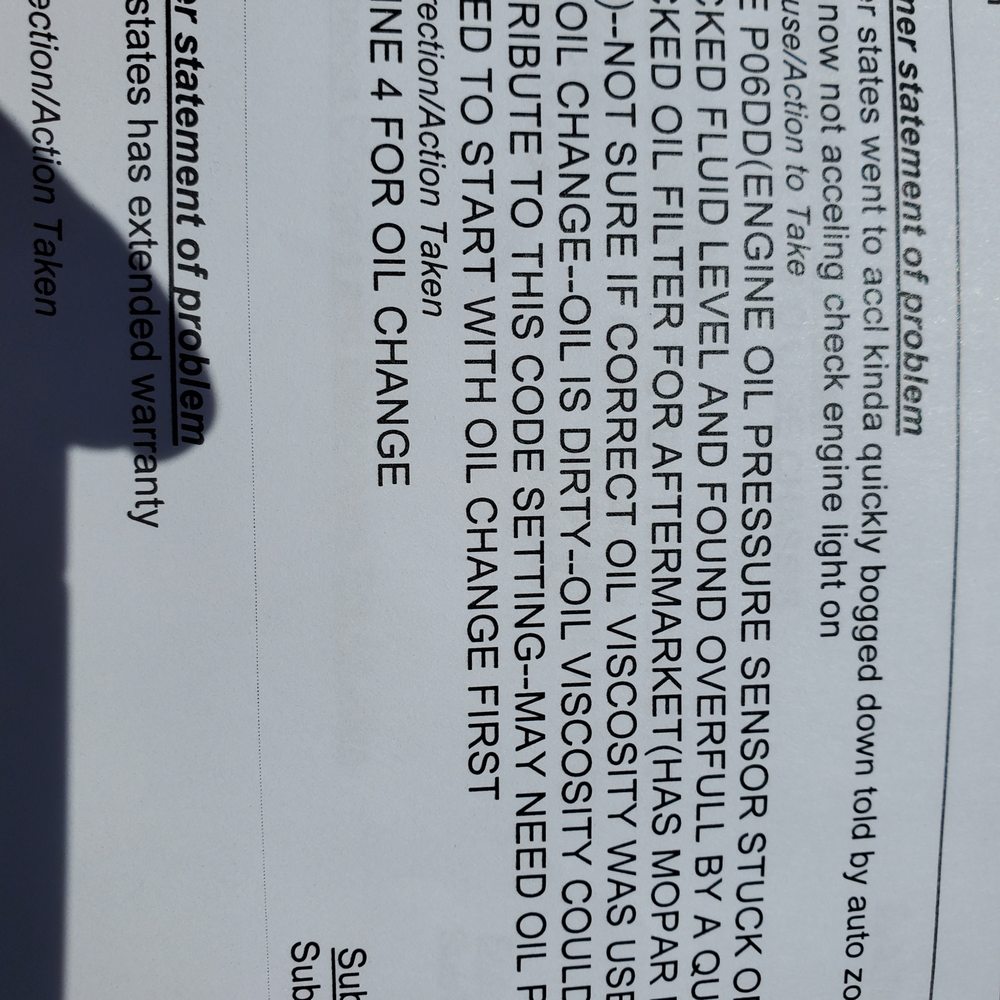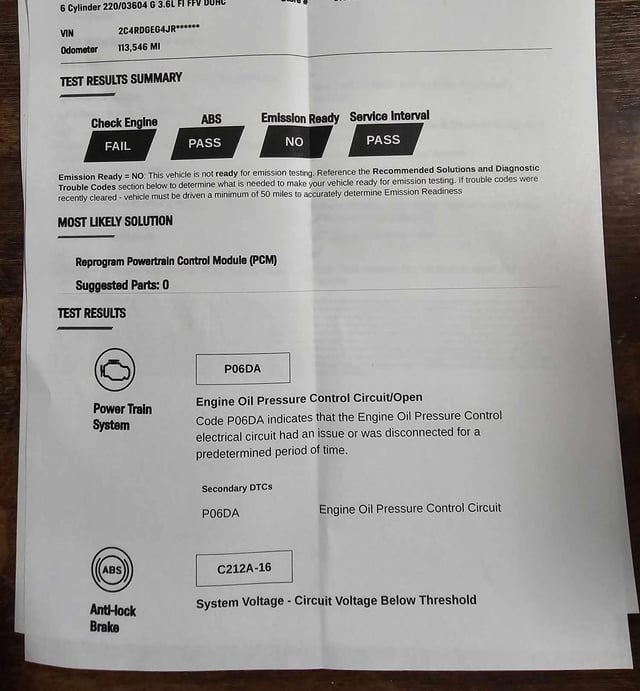To properly maintain engine oil and transmission fluid, regular maintenance is crucial. This includes routine oil changes and checking fluid levels to ensure they are at the recommended levels.
Additionally, it’s important to use the right type of oil and fluid for your vehicle’s specific requirements. Neglecting these maintenance tasks can lead to engine and transmission damage, reduced performance, and increased fuel consumption. By staying on top of oil and fluid maintenance, you can prolong the life of your vehicle’s engine and transmission, enhance its performance, and avoid costly repairs down the road.
Introduction To Engine Oil And Transmission Fluid
When it comes to maintaining your vehicle, proper care of the engine oil and transmission fluid is crucial for ensuring the longevity and performance of your car. In this section, we will delve into the importance of engine oil and transmission fluid, as well as their respective roles in your vehicle.
The Role Of Engine Oil In Vehicle Performance
Engine oil plays a critical role in lubricating the internal components of the engine, reducing friction and preventing wear and tear. Regular oil changes are essential to maintain optimal engine performance, as clean oil ensures that the engine operates smoothly and efficiently.
Why Transmission Fluid Is Key For Your Vehicle
Transmission fluid is vital for the proper functioning of your vehicle’s transmission system. It acts as a lubricant, ensuring that the moving parts within the transmission are adequately coated and protected. Regular checks and changes of transmission fluid are necessary to prevent overheating and maintain smooth gear shifting.
Signs Of Engine Oil Deterioration
Color And Texture Changes
One of the most noticeable signs of engine oil deterioration is changes in color and texture. Fresh engine oil is amber in color and has a smooth texture. As the oil ages, it tends to darken and become thicker. This change can indicate contamination or the presence of harmful particles in the oil, affecting its ability to lubricate and protect the engine components.
Unusual Noises And Engine Behavior
Another important indicator of deteriorating engine oil is unusual noises and changes in engine behavior. Old or degraded oil can lead to increased engine noise, such as knocking or tapping sounds. Additionally, it may cause the engine to run roughly or experience a loss of power. These symptoms can signal that the oil is no longer effectively lubricating the engine, leading to increased friction and wear.
When To Change Your Engine Oil
When to Change Your Engine Oil
Mileage And Time Indicators
For most vehicles, the standard recommendation is to change the engine oil every 3,000 to 5,000 miles or every 3 to 6 months, whichever comes first.
Impact Of Driving Conditions
Driving in harsh conditions such as extreme heat or cold weather, stop-and-go traffic, towing heavy loads, or frequent short trips can accelerate the breakdown of engine oil, necessitating more frequent changes.

Credit: m.youtube.com
Choosing The Right Engine Oil
Understanding the importance of selecting the correct engine oil is crucial for maintaining the health and longevity of your vehicle. The type of engine oil you choose can significantly impact your engine’s performance and overall efficiency.
Viscosity Grades Explained
Viscosity grades indicate the oil’s flow characteristics at different temperatures. Lower viscosity oils are thinner and flow more easily in cold temperatures, while higher viscosity oils are thicker and more suitable for high-temperature conditions.
Synthetic Vs. Conventional Oils
Synthetic oils are chemically engineered for optimal performance and provide superior protection and lubrication compared to conventional oils. Conventional oils, on the other hand, are derived from crude oil and may be more budget-friendly but offer fewer benefits.
Understanding Transmission Fluid
Transmission fluid is a vital component of any vehicle’s transmission system. Regular maintenance of engine oil and transmission fluid can ensure smooth shifting and a longer lifespan for your vehicle. Understanding the importance of transmission fluid can help you identify any potential issues early on.
Transmission fluid is a vital component in the proper function of an automatic transmission. It serves as a lubricant, coolant, and hydraulic fluid, allowing the transmission to shift smoothly and efficiently. Understanding the types of transmission fluids available and how they affect transmission health is essential for maintaining your vehicle’s performance and longevity.Types Of Transmission Fluids
There are two primary types of transmission fluid: synthetic and conventional. Synthetic transmission fluid is formulated with advanced additives and base oils that provide superior performance and protection. Conventional transmission fluid, on the other hand, is made from refined crude oil and contains fewer additives. It is typically less expensive than synthetic transmission fluid but may not provide the same level of protection.How It Affects Transmission Health
Using the proper type and quality of transmission fluid is critical for maintaining the health of your vehicle’s transmission. Over time, transmission fluid can break down, become contaminated, or lose its effectiveness, leading to poor shifting, overheating, and even transmission failure. Regularly checking and changing your transmission fluid can help prevent these issues and extend the life of your transmission. In conclusion, understanding transmission fluid is essential for maintaining the health of your vehicle’s transmission. Choosing the right type of transmission fluid and regularly checking and changing it can help ensure smooth shifting, prevent transmission damage, and extend the life of your vehicle.Signs Your Transmission Fluid Needs Attention
Signs that your transmission fluid needs attention include slipping gears, delayed shifting, and unusual noises or vibrations. Regular maintenance of both engine oil and transmission fluid is crucial to the longevity of your vehicle’s performance.
When it comes to the maintenance of your car’s engine and transmission, one of the most important tasks is checking and changing the fluids regularly. Engine oil and transmission fluid play a critical role in ensuring the smooth operation of your vehicle. In this blog post, we will focus on transmission fluid maintenance and discuss the signs that indicate your transmission fluid needs attention. We will cover the two essential aspects of transmission fluid maintenance: Leakage and levels check and Shift performance and noise.Leakage And Levels Check
One of the first signs that your transmission fluid needs attention is leakage. If you notice any red or brown fluid under your car, it could be a sign of a transmission fluid leak. A leaking transmission can cause serious damage to your vehicle, so it’s essential to address the issue as soon as possible. Checking the fluid levels regularly is also crucial. Low fluid levels can cause your transmission to overheat, resulting in expensive repairs. To check the fluid level, locate the transmission dipstick under the hood of your car. Pull it out, wipe it clean, and reinsert it into the transmission. Pull it back out and check the fluid level against the markings on the dipstick. If the level is low, add more fluid as needed.Shift Performance And Noise
The performance of your transmission is a good indicator of whether your fluid needs changing. If you notice that your car is having trouble shifting gears or is slipping out of gear, it could be a sign that your transmission fluid is dirty or low. Additionally, if you hear any unusual noises, such as whining or grinding, it could be due to low or dirty fluid. Regular transmission fluid maintenance can prevent costly repairs and extend the life of your vehicle. By checking for leaks, monitoring fluid levels, and paying attention to the performance of your transmission, you can ensure that your car operates smoothly and efficiently.Diy Maintenance Tips
Discover top DIY maintenance tips for optimal engine oil and transmission fluid care. Learn how regular checks and timely replacements can enhance vehicle performance and longevity. Master the art of simple upkeep to keep your car running smoothly.
DIY Maintenance Tips How to check oil and fluid levels To check levels, park car on level surface, wait for engine to cool, locate dipstick, pull out, wipe clean, reinsert fully, then pull out to check levels. Steps for changing engine oil and transmission fluid at home 1. Gather supplies: new oil, oil filter, wrench, drain pan, funnel, gloves. 2. Prepare car: park on level surface, run engine briefly to warm oil. 3. Drain oil: place drain pan under oil pan, remove drain plug, let oil drain. 4. Change oil filter: use wrench to remove old filter, apply oil to gasket of new filter, screw on by hand. 5. Add new oil: insert funnel, pour new oil, check level with dipstick, add if needed. 6. Changing transmission fluid: locate drain plug, remove, drain fluid into pan. 7. Refill transmission fluid: find fill plug, use funnel to add new fluid. 8. Check levels: ensure oil and fluid are at correct levels, replace caps/plugs. By following these DIY maintenance tips, you can ensure your engine oil and transmission fluid are properly maintained at home.
Credit: www.mobil.com
Professional Maintenance And Services
When To Seek Professional Help
When experiencing unusual engine or transmission issues.
- Strange noises or vibrations
- Difficulty shifting gears
Don’t hesitate to consult a professional mechanic.
Benefits Of Regular Professional Maintenance
Regular inspections ensure optimal performance.
- Prevents major breakdowns
- Extends the lifespan of your vehicle
Professional servicing maximizes fuel efficiency.

Credit: www.youtube.com
Frequently Asked Questions
How Often Should I Change My Engine Oil And Transmission Fluid?
Regular maintenance is key to keeping your vehicle running smoothly. It is recommended to change engine oil every 3,000 to 5,000 miles or as specified by your vehicle manufacturer. Transmission fluid should be changed every 30,000 to 60,000 miles, depending on your vehicle’s specific requirements.
Regular fluid changes help prevent costly repairs and ensure optimal performance.
What Happens If I Don’t Change My Engine Oil And Transmission Fluid Regularly?
Neglecting regular oil and fluid changes can lead to several issues. Dirty engine oil can cause increased friction and wear on engine parts, leading to engine damage. Old transmission fluid can result in poor shifting, decreased fuel efficiency, and even transmission failure.
Regular maintenance is essential to prevent costly repairs and ensure the longevity of your vehicle.
Can I Use Any Type Of Engine Oil And Transmission Fluid?
It’s important to use the correct type and viscosity of engine oil and transmission fluid recommended by your vehicle manufacturer. Different vehicles have specific requirements to ensure proper lubrication and performance. Using the wrong type of oil or fluid can lead to engine or transmission damage and void your vehicle warranty.
Always refer to your owner’s manual for the recommended fluids.
How Can I Check The Engine Oil And Transmission Fluid Levels?
To check the engine oil level, park your vehicle on level ground, let the engine cool, and locate the dipstick. Pull it out, wipe it clean, reinsert it, and then check the oil level. For transmission fluid, refer to your owner’s manual as the process may vary between vehicles.
Generally, the vehicle needs to be running and in park or neutral with the parking brake engaged to check the transmission fluid level accurately.
Conclusion
Regular maintenance of engine oil and transmission fluid is vital for optimal vehicle performance and longevity. By following manufacturer recommendations and scheduling routine checks, you can prevent costly repairs and ensure smooth operation. Stay proactive in caring for your vehicle’s vital fluids to enjoy a reliable and efficient driving experience.


